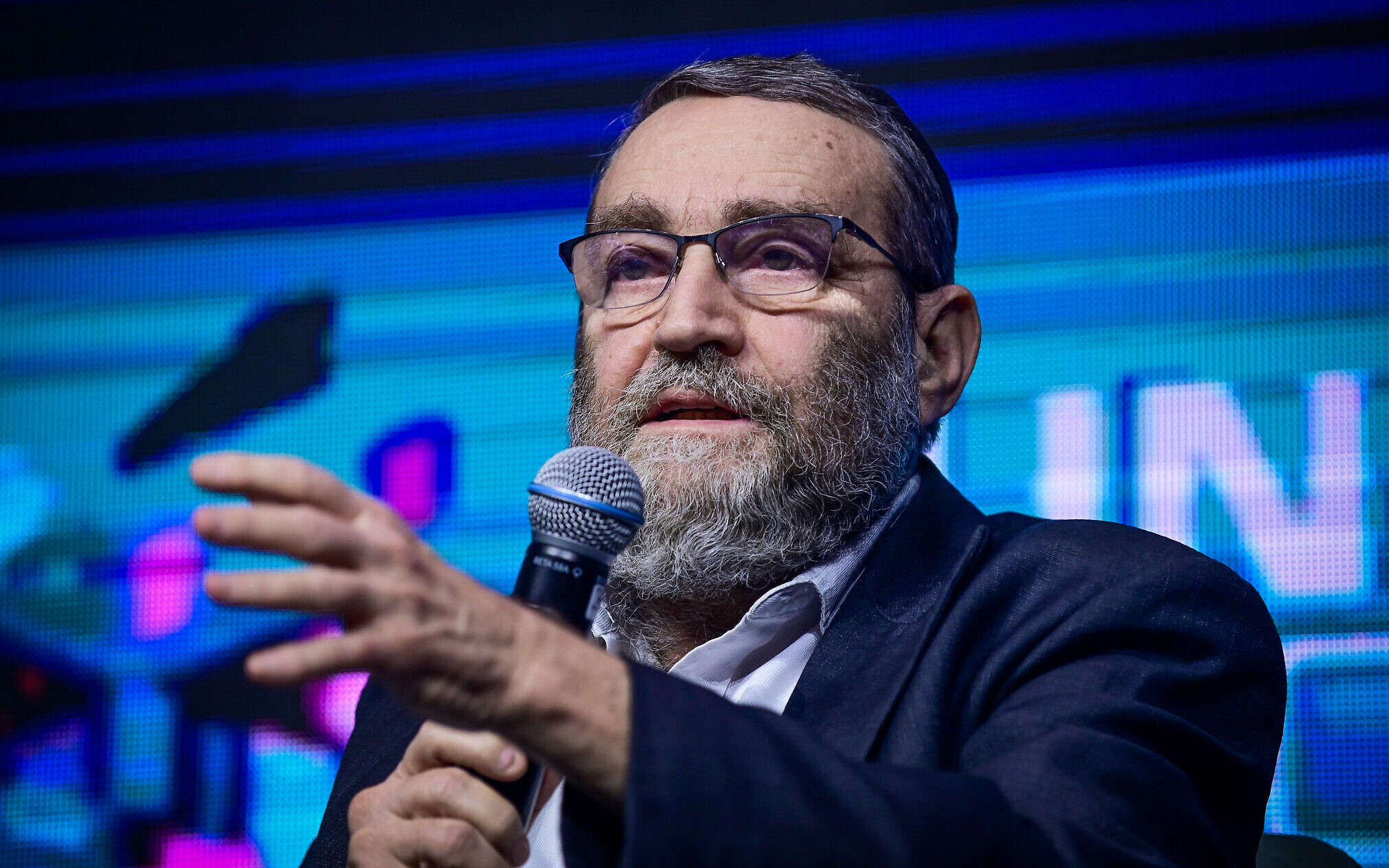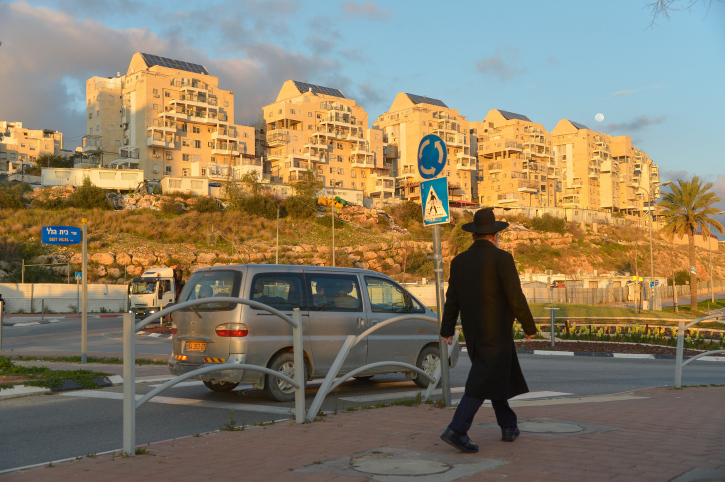In a strongly worded letter to Prime Minister Benjamin Netanyahu, Education Minister Yoav Kisch, and Finance Minister Bezalel Smotrich earlier this month, a group of 170 mayors protested a clause in the new government’s coalition deals compelling municipalities to dedicate “hundreds of millions of shekels” to Haredi educational institutions.
They called on the government to respect local governments’ authority regarding budget allocation for these institutions, which are not regulated by the Education Ministry and do not teach the complete range of secular studies currently required by the state.
The letter was signed by prominent mayors, including right-wing ones like Modiin’s Haim Bibas, the chairman of the Federation of Local Authorities and a Likud stalwart.
MK Moshe Gafni (United Torah Judaism), chairman of the Knesset Finance Committee, expressed anger over the letter and warned that it would have repercussions in the next municipal election. “When you give us such a resounding slap, we will not turn the other cheek,” he said. “We will deal with anyone who remains a signatory to this document, which is grave in every possible respect.”
Gafni’s threat is unlikely to have much of an impact. Local politics differ from national politics. The ultra-Orthodox community, a major voting force in national elections, tends to concentrate in cities such as Bnei Brak, Beitar Illit, Elad, Modiin Illit, and Beit Shemesh. In many major cities, Haredim are a small minority and do not generally wield significant power.
Get The Times of Israel's Daily Edition by email and never miss our top stories
Indeed, the threat may even backfire and strengthen the position of secularists in local government.
The local political landscape is heating up, with issues such as LGBTQ rights and budgeting for the Haredi community at the forefront. The swift mobilization of 170 mayors in opposition to the budget allocation for non-official Haredi schools indicates — along with a statement from around 80 mayors in opposition to a bill that would effectively legalize discrimination by service providers — indicates a high level of engagement and concern among local leaders.

United Torah Judaism MK Moshe Gafni at a conference in Tel Aviv, December 8, 2022. (Tomer Neuberg/Flash90)
The mayors’ public declaration of opposition, announcing that they will deny licenses to businesses that discriminate, suggests that there is significant concern among local leaders that the legislation — which entered the coalition agreement despite denials from Prime Minister Benjamin Netanyahu — may cost them votes in the next election in October.
Mayors and council members are closely attuned to their constituents, and the gap between them and the new government appears to be growing.
As those elections near, another issue playing out in secular localities is the expansion of garinim torani’im — small communities of Religious Zionist families that settle in various towns to increase the religiosity of residents.
Funding for these groups throughout Israel increased significantly in the 2022 national budget, with an allocation of NIS 50 million ($14.5 million). There is also to be NIS 600 million ($170 million) earmarked for the establishment of a vaguely defined National Missions Ministry in the 2023 budget.
In recent years, the expansion of garinim torani’im in some cities has led to conflicts, with residents and local leaders raising concerns about possible missionary activities, repression of Arab residents, and the introduction of Orthodox messaging in secular schools.
Additional topics that could ignite local political battles are education and public transportation on Shabbat. The education system is traditionally a key issue in local elections, while public transportation on the Jewish day of rest has long been a symbol of the struggle between secular and religious in Israel.

View of the ultra-Orthodox settlement of Modiin Illit, February 18, 2019. (Flash90)
One way to measure the impact of the religious-secular divide on local elections is offered by Israel Hofsheet – Be Free Israel, an organization devoted to religious freedom and pluralism. The factors that go into its “freedom” index include transportation and commerce on Shabbat, funding for religious activities, education, LGBTQ rights, gender-segregated events, and religious services.
According to the index, the cities with the highest freedom scores are Hod Hasharon, Tel Aviv, Givatayim, and Modiin. The lowest scores went to Beitar Illit, Bnei Brak, Modiin Illit, and Ramle.
Ahead of the 2018 local elections, amid some residents’ concerns about the growth of religious influence, several local factions emerged across the country that adopted Israel Hofsheet’s “free” label to position themselves as fighters for secular values. Factions such as “Givatayim Free,” “Free Modi’in,” and “Free Ramat Hasharon” became influential in local politics, though Free Israel says it is nonpartisan.
In some of Israel’s cities, the upcoming local election could become a fierce battleground over the religious-secular divide.


